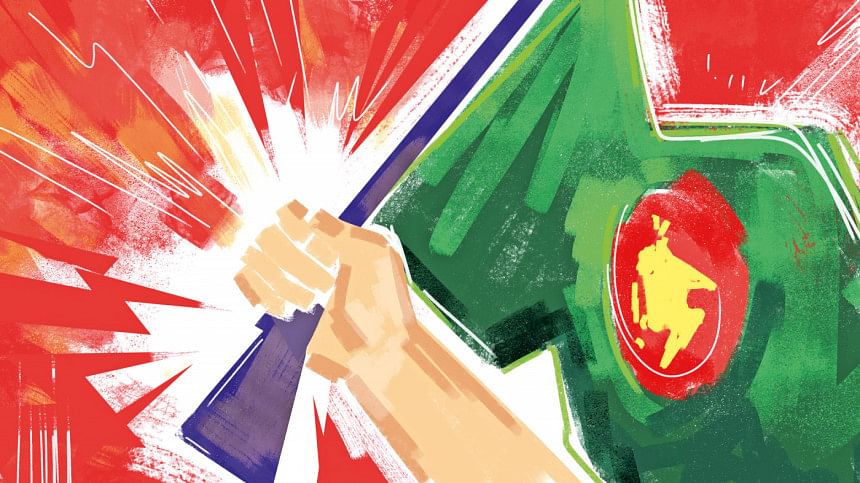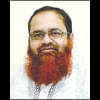Who is a freedom fighter

The government's fresh move to redefine freedom fighters and liberation war associates has been at the centre of discussion since Jatiya Muktijoddha Council (Amendment) Ordinance, 2025, was published on June 3.
The ordinance attempts to set criteria for recognising individuals as "Valiant Freedom Fighters" (Bir Muktijoddha) and introduces a broader category of "Liberation War Associates."
The most consequential change comes through sub-clause 10 of clause 2, which lays out a detailed and somewhat complex definition of a freedom fighter. The ordinance outlines four distinct groups:
Civilians who fought on the battlefield
This group includes non-military citizens who received training inside Bangladesh or crossed into India to enlist in Indian-run training camps between March 26 and December 16, 1971, along with individuals who participated in combat against the Pakistan army and its local collaborators—specifically named as Razakar, Al Badr, Al Shams, the then Muslim League, Jamaat-e-Islami, Nezam-e-Islam, and the Peace Committee.
Uniformed forces and Mujibnagar government
Personnel from the regular armed forces, East Pakistan Rifles (EPR), police, paramilitary groups such as the Kilo Force and naval commandos, as well as members of the Mujibnagar Government and associated institutions, are included without ambiguity.
Birangana (war heroine)
In a continuation of previous recognition, all women who were violated by the invading Pakistani forces or their collaborators are formally and categorically recognised as freedom fighters.
Medical professionals in field hospitals
Doctors, nurses, and medical assistants who served in field hospitals treating wounded fighters are also brought into the fold of official recognition.
Who is an "associate" Freedom Fighter?
These are individuals who, though not directly involved in combat, played significant roles in the political, diplomatic, and psychological battle for independence.
The ordinance defines this category to include organisers and activists who resided in Bangladesh or were stationed abroad and helped build diplomatic support, shaped international opinion, or worked to inspire morale among fighters.
Bangladeshi professionals abroad who actively lobbied for the war cause and contributed materially or intellectually to the liberation effort.
Officials, employees, and diplomats of the Mujibnagar Government, including appointed medical personnel.
Elected lawmakers—Members of National Assemblies and Members of Parliamentary Assemblies who aligned with the Mujibnagar Government and were later recognised as members of the constituent assembly.
Cultural and media contributors, including members of the Swadhin Bangla Betar Kendra, Swadhin Bangla Football Team, and pro-liberation journalists at home and abroad.

 For all latest news, follow The Daily Star's Google News channel.
For all latest news, follow The Daily Star's Google News channel. 








Comments